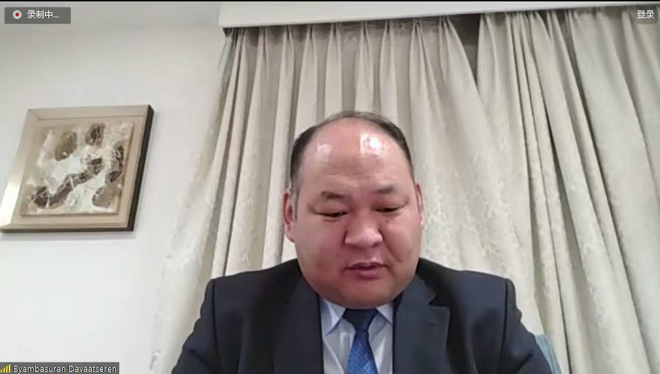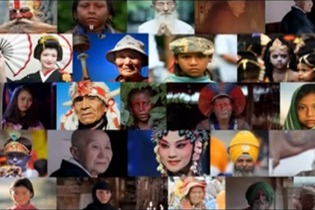Training of Trainers Capacity Building Workshop on Safeguarding Intangible Cultural Heritage for Mongolia(First Session)held in Ulaanbaatar

The Training of Trainers Capacity Building Workshop on Safeguarding Intangible Cultural Heritage for Mongolia (First Session) was held in Ulaanbaatar, Mongolia, from Sept 18 to 22, 2023. This workshop was organized by CRIHAP, in cooperation with the Ministry of Culture of Mongolia and the National Center for Cultural Heritage of Mongolia. It was supported by the UNESCO Multisectoral Regional Office for East Asia and the Mongolian National Commission for UNESCO. Shahbaz Khan, Director and Representative of UNESCO Multisectoral Regional Office for East Asia, B. Davaatseren, Head of the Cultural Heritage Department of the Mongolian Ministry of Culture, and Zhang Jing, Deputy Director-General of CRIHAP, attended the opening ceremony and delivered remarks.

Shahbaz Khan emphasized that this year marks the 20th anniversary of the Convention for the Safeguarding of the Intangible Cultural Heritage, and strengthening the capacity of all relevant stakeholders in safeguarding intangible cultural heritage remains a top priority of the Convention. CRIHAP has been a strong partner of UNESCO in promoting the implementation of the global capacity-building strategy for safeguarding intangible cultural heritage in the Asia-Pacific region.

Davaatseren stated that Mongolia's nomadic culture has nurtured rich intangible cultural heritage resources, and Mongolia will carry out various initiatives in intangible cultural heritage safeguarding, including the revision of its national intangible cultural heritage laws, which requiring more involvement and support. This training comes at an opportune time, and it is hoped that participants will disseminate their knowledge of intangible cultural heritage to the Mongolian public, enabling the intangible cultural heritage on the territory of Mongolia to be better safeguarded.

Address: 81, Laiguangying West Road, Chaoyang District, Beijing, China
Zip Code: 100021
Tel: 86-10-64966526
Fax: 86-10-64969281
E-mail: crihap@crihap.cn
Leave us your e-mail address, we'll let you know about current events.



